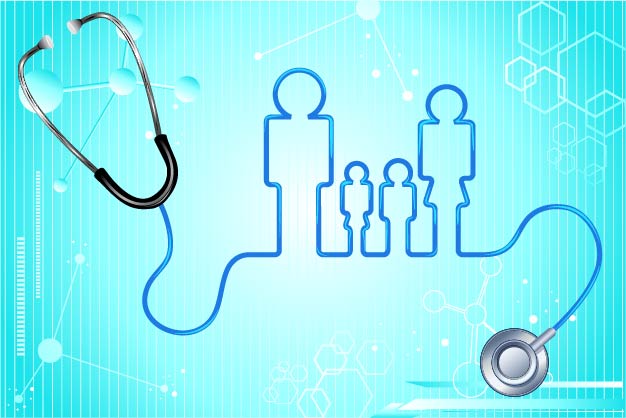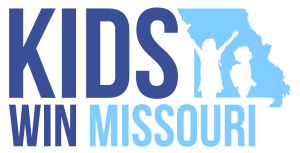The nation’s health care system is shifting to promote care that delivers the best health outcomes. One of the tools that health care providers are putting into action to help obtain the best health outcomes are community health workers.
What are Community Health Workers?
Missouri law currently has no definition of a community health worker, but the American Public Health Association provides the following:
A community health worker is a frontline public health worker who is a trusted member and/or has an unusually close understanding of the community served. This trusting relationship enables the worker to serve as a liaison/link/intermediary between health/social services and the community to facilitate access to services and improve the quality and cultural competence of service delivery.
A community health worker also builds individual community capacity by increasing health knowledge and self-sufficiency through a range of activities such as outreach, community education, informal counseling, social support and advocacy.
Community health workers do not necessarily have professional training in health care delivery. Rather they are a conduit between a community’s under-served populations and its health care delivery and social service support systems.
What services do community health workers perform?
Community health workers can perform a variety of services for individual patients and the larger community they serve. One-on-one, they can provide patients with direct services to care for their individual health needs, like taking and monitoring blood pressure, providing education on how to manage and care for individuals’ chronic diseases such as hypertension or diabetes and coordinating patients’ health care by helping obtain referrals, scheduling appointment, securing transportation to appointments and other services critical to obtaining needed health care. They help connect individuals and families to community resources to help meet their basic needs. Additionally, they provide crucial social and emotional support to those they serve and build the capacity of individuals so that they can obtain health services on their own.
Community health workers can also work to benefit the health of the community. They can help inform systems in the community on how best to reach and communicate with the populations they serve. Community health workers can provide educational presentations, conduct outreach to targeted populations, map community assets and serve as an advocate for the community or populations within the community.

What is the impact of community health worker policies on health outcomes?
The Centers for Disease Control and Prevention conducted an assessment of evidence relating to policies involving community health workers. The highest quality research suggest policies that authorize community health workers to provide care for individuals’ chronic diseases, including asthma, hypertension, diabetes and cancer have the greatest impact on public health outcomes. Strong evidence also indicates that policies that incorporate community health workers in team-based care, where they serve as part of a team of individuals that works to improve patient outcomes, also have large impacts on public health outcomes. Other policies that the CDC ranked as most effective included:
- Establishing core competencies for the field;
- Having community health workers practice under the supervision of health practitioners;
- Adopting a standard curriculum for community health workers;
- Reimbursing, through Medicaid, for services provided by community health workers;
- Providing certification for specialty areas within the field; and
- Involving community health workers in the profession’s certification requirements.
How can services provided by community health workers benefit kids?
Much of the focus of community health workers’ work is on the adult population. However, one of the most direct ways in which community health workers can impact the health of Missouri kids is through school-based health programs. Under this health care delivery model, schools can partner with a health care provider (or provide health care on their own) to provide medical, behavioral and dental health services to students and, in some cases, the larger community population.
Some school health programs utilize community health workers to provide services that health care practitioners, because of lack of time, resources or both, are unable to provide. These services include care coordination, health education and teacher consultation, among others. These critical supports help to further improve the health outcomes of students.
When effective in school settings and in the larger community, community health workers embed themselves into the fabric of the community, helping to address their community’s unique health and social challenges while promoting the community’s diversity and heritage.
What’s happening in Missouri policy relating to community health workers?
Representative Cora Faith Walker filed legislation, HB 918, to add services provided by certified community health workers the list of services reimbursed through MO HealthNet, Missouri’s Medicaid program.
Additionally, state budget writers are considering adding funding for services provided by community health workers in next year’s budget.

